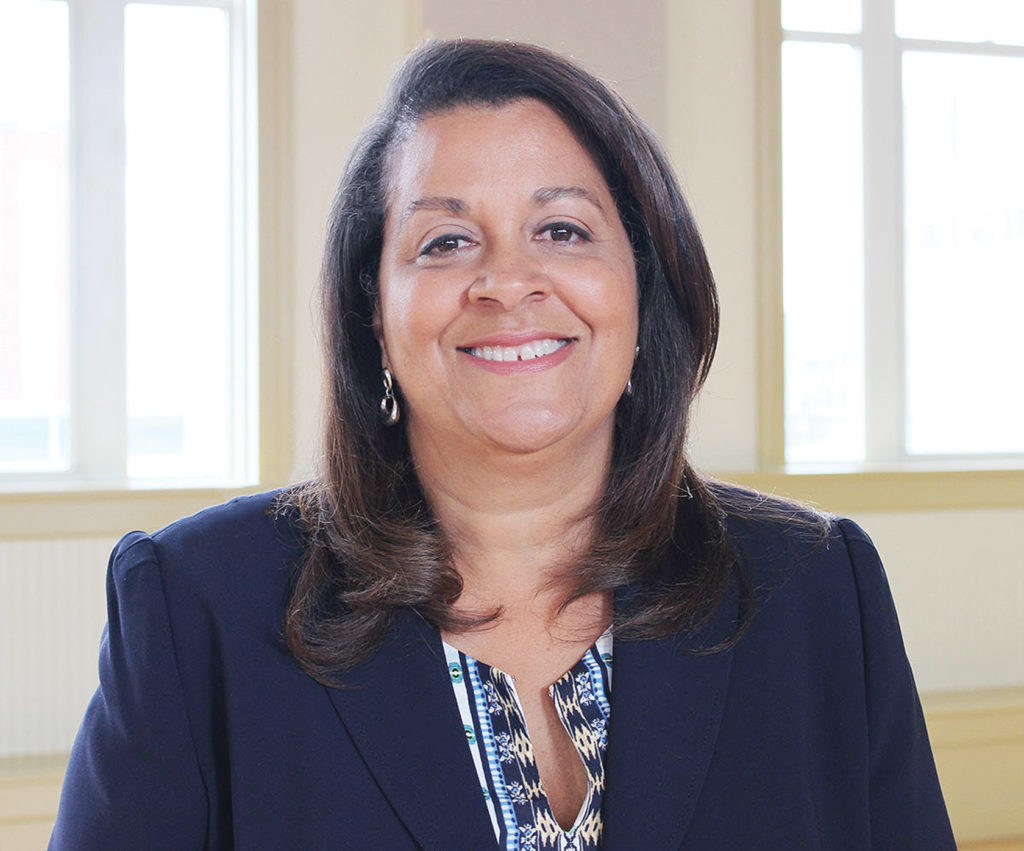Press
On Telegram.com: Business group calls for $50 billion transportation plan in Mass.
11.11.2019

BOSTON – Lawmakers are preparing to debate new forms of transportation revenue and Gov. Charlie Baker often touts his administration’s record investment in the MBTA, but the status quo is nowhere near enough to meet the state’s growing transit needs, according to one business coalition.
Instead, the group A Better City suggests in a new 16-page report, Massachusetts leaders should commit to raising and spending $50 billion on transportation over the next two decades, all with new revenue from a range of transportation-specific sources like fees, tolls and taxes.
The eyebrow-raising figure includes $10 billion to help roads, bridges and public transit achieve a state of good repair, $10 billion to increase capacity as the population grows, and $30 billion to modernize, decarbonize and prepare infrastructure to cope with the effects of climate change.
Rick Dimino, the group’s CEO, said the state needs to “go big” and “think about how we move the needle” on a topic that directly affects housing, economic development, the environment and the ways people get around.
“We have to stop just thinking about fixing what we have,” Dimino told the News Service. “We have to pivot to thinking about making sure we fix what we have but also thinking about the next wave of investments we need to make in our transportation system.”
Researchers proposed seven new or boosted revenue streams to generate the $50 billion they say is needed.
The majority of that money, about 54 percent, could come from a broad expansion to roadway pricing, adding $2-per-trip tolls to Interstate 93, $1 tolls on Interstate 93 and 95 interchanges, $1 fees to cross state lines by car at several border locations, and more.
Researchers also suggested an 11.5 cent increase in the gas tax could raise about $7 billion by 2040, and they named higher fees on ride-hailing apps and Registry of Motor Vehicles transactions, closing an auto trade-in sales tax loophole, adding a commercial parking surcharge and using revenue from the multi-state initiative to reduce carbon emissions from the transportation sector as other strategies.
Read the entire article as it originally appeared on Telegraph.com here.